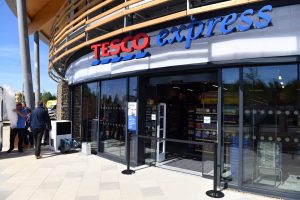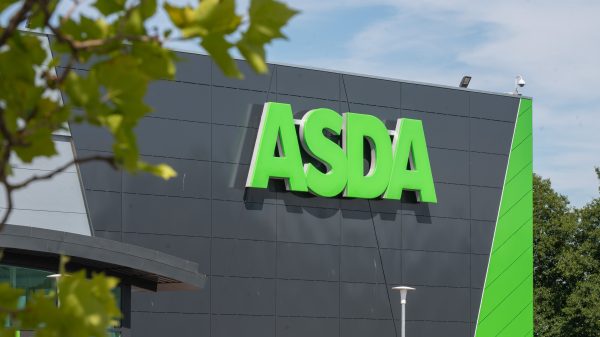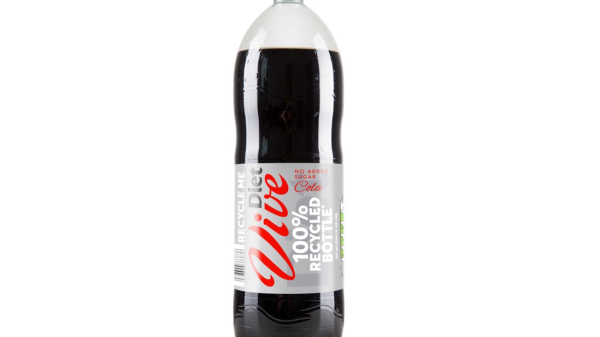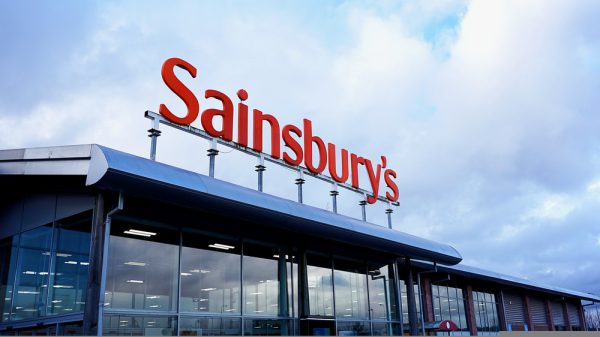The cost-of-living crisis has had many UK shoppers counting out the last of their pennies each month as they struggle to make ends meet.
The efforts of the grocery sector to keep a lid on inflation to help shoppers right now is well documented, however, there appears to be one notable blind spot – convenience.
Smaller stores may typically valued for the quick trip over cost-savings, however, at a time when the price of food has seen the biggest increase in more than 45 years, it is more important than ever for budget ranges to be available to all, right?
Unfortunately, that isn’t the reality.
New research from Which? revealed that supermarket-branded convenience stores are not offering budget grocery lines in the most vulnerable areas.
This comes despite 66% of those on less that £21,000 per year shopping in a smaller store at least once a week.
So why is this the case and can supermarkets do more to improve budget offerings within smaller shops?
Subscribe to Grocery Gazette for free
Sign up here to get the latest grocery and food news each morning
Convenience stores: the issue
Earlier this year, a separate study by Which? found that shopping in convenience stores rather in larger supermarkets could cost shoppers up to £800 more each year.
Now, the consumer watchdog has found that own-brand grocery lines – the cheapest products shoppers can buy – are largely not stocked in such stores.
Having visited 35 Morrisons Daily, Sainsbury’s Local and Tesco Express stores last month with a list of 29 basic budget grocery items, Which? found that 30 stores did not have any of the listed products.
In the five remaining, only one item from the list was able to be found.
Which? head of food policy, Sue Davies says the results are “shocking”, adding that “everyone should have access to affordable nutritious food no matter where they live”.
Social change charity, Joseph Rowntree Foundation’s senior economist Rachelle Earwaker says that if consumers are trying to provide healthy, nutritious meals on a budget, then they are “unlikely to have the option of travelling further or going to multiple shops to get the best deals, meaning that many are forced to buy what they can locally”.
“If your neighbourhood has only more expensive options, or fewer fresh and healthy foods available, then families can be robbed of any meaningful choice.
“This period of high inflation may end, but prices are not coming down and there may be longer term consequences for the health of the nation and family finances over the years to come.”
Can supermarkets improve ?
Davies says change is needed and urges supermarket bosses to offer a choice of budget ranges that support a healthy diet to convenience stores, especially in areas where people are struggling the most.
“They must also make it easier for all customers to work out which items offer the best value for money by making sure their pricing is clear and easily comparable,” she says.
However, this is easier said than done, according to British Retail Consortium director of food and sustainability Andrew Opie.
While retailers want to deliver value to hard-pressed customers in all their shops, convenience stores simply do not have the space to stock the same range as a supermarket,” he points out.

Tesco agrees. A spokesperson told Grocery Gazette that its Express convenience stores “do not have the shelf space to accommodate all the product ranges” that are available in its larger stores.
Labelling the Which? study as “highly flawed”, the retailer says it uses its “expert knowledge of local customers’ shopping habits to make sure the ranges in each store best meet local tastes and needs”.
Tesco explains that the range of products within an Express store varies on both price and location.
For example, a village centre store may carry more lines of value ‘Exclusively at Tesco’ brands, while a city location would be more focused on food-to-go.
IGD global insight leader Bryan Roberts agrees that convenience stores are designed for particular shopping missions and “therefore carry much smaller core grocery ranges.”
“Economy private label ranges are much less prevalent in categories like food-to-go compared to core grocery and therefore, it is unsurprising that economy lines are less likely to be ranged in smaller urban stores,” he explains.
“With a narrow assortment, the priority is understandably for more profitable items such as brands, meal solutions and premium private label.”
He tells Grocery Gazette that as urban convenience stores are much more expensive to run than their larger supermarket counterparts, “shoppers are expected to pay a premium.”
“It seems somewhat churlish for industry onlookers to castigate commercial enterprises for not undermining their financial performance to solve socio-economic problems that are not of their making.”
Are convenience stores still useful amid the cost-of-living crisis?
Despite some supermarket-branded convenience stores not stocking budget grocery ranges, Roberts argues that the emergence of these shop formats has actually “increased access to more affordable and healthy foods”.
Association of Convenience Stores (ACS) chief executive, James Lowman agrees that local shops are “well placed to help their communities with the cost-of-living crisis”.
He says that the conveinently located stores also help consumers to “manage food waste, save fuel and provide local access to services like ATM machines”.
According to ACS’ recent survey of 1,000 adults, 61% agreed that convenience stores are most appreciated for providing a range of services in one place, instead of shoppers having to spend more through carrying out multiple trips to different locations.
Lowman says that local shops are committed to helping their communities through the cost-of-living crisis, despite the rising cost of trading they are facing.
He explains that retailers are dealing with “huge increases in energy costs, supply chain and delivery costs, insurance premiums and employment costs”, and are looking at “every inch of their businesses” to see where they can make small savings that will allow them to keep prices competitive.
Some supermarkets have recently incorporated other forms of savings within their convenience stores.
Sainsbury’s unveiled a new ‘Pocket Friendly Prices’ value campaign across 800 of its Local stores last month to provide lower prices on household essentials.
However despite supermarkets helping shoppers to save in other ways, such as price locks, value campaigns or loyalty schemes, ultimately, it remains clear that supermarket budget grocery ranges are not easily accessible to every shopper in the UK.
Consumers and retailers alike are battling high costs and unfortunately until inflation eases, it remains a balancing act to make affordable food available to all.










